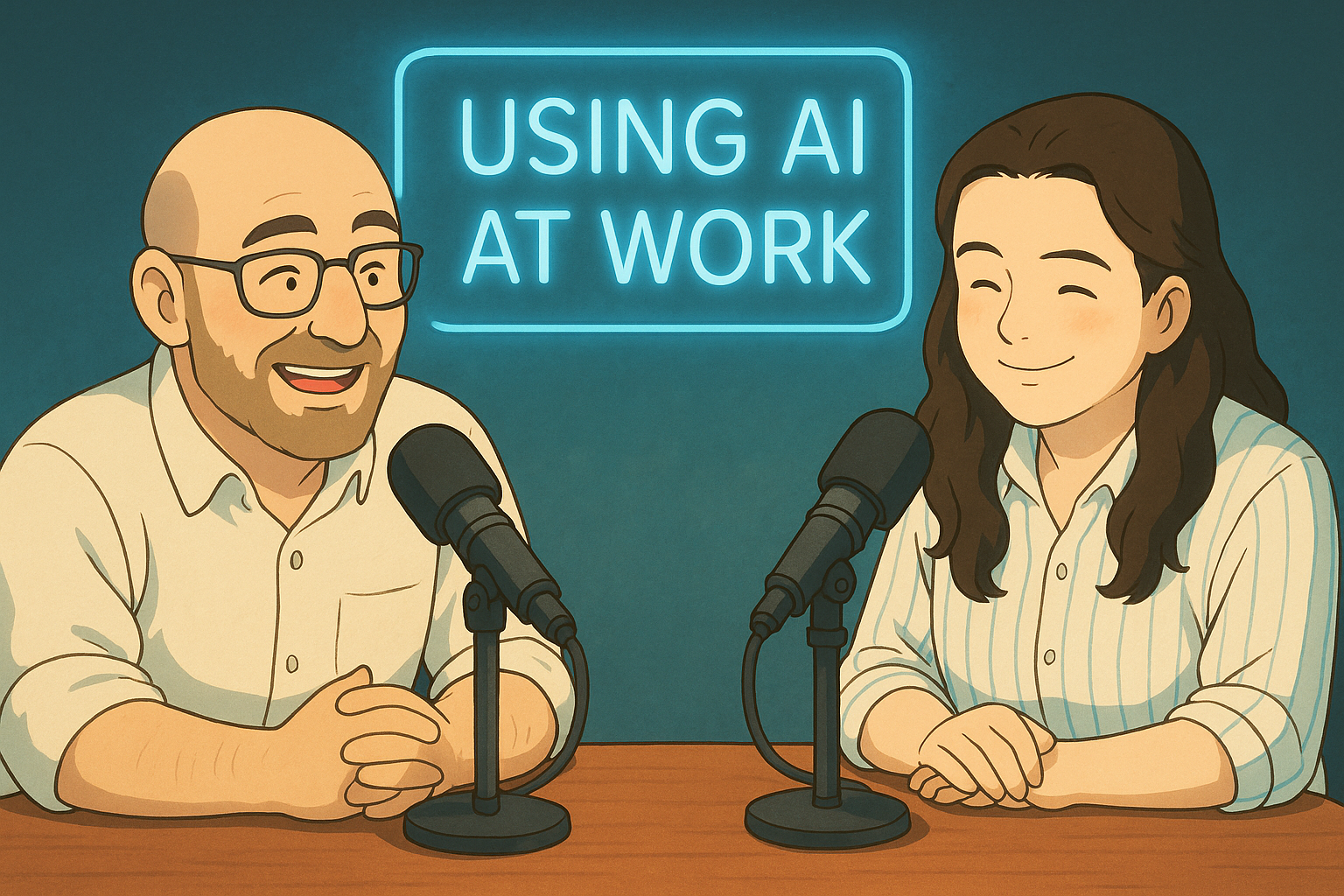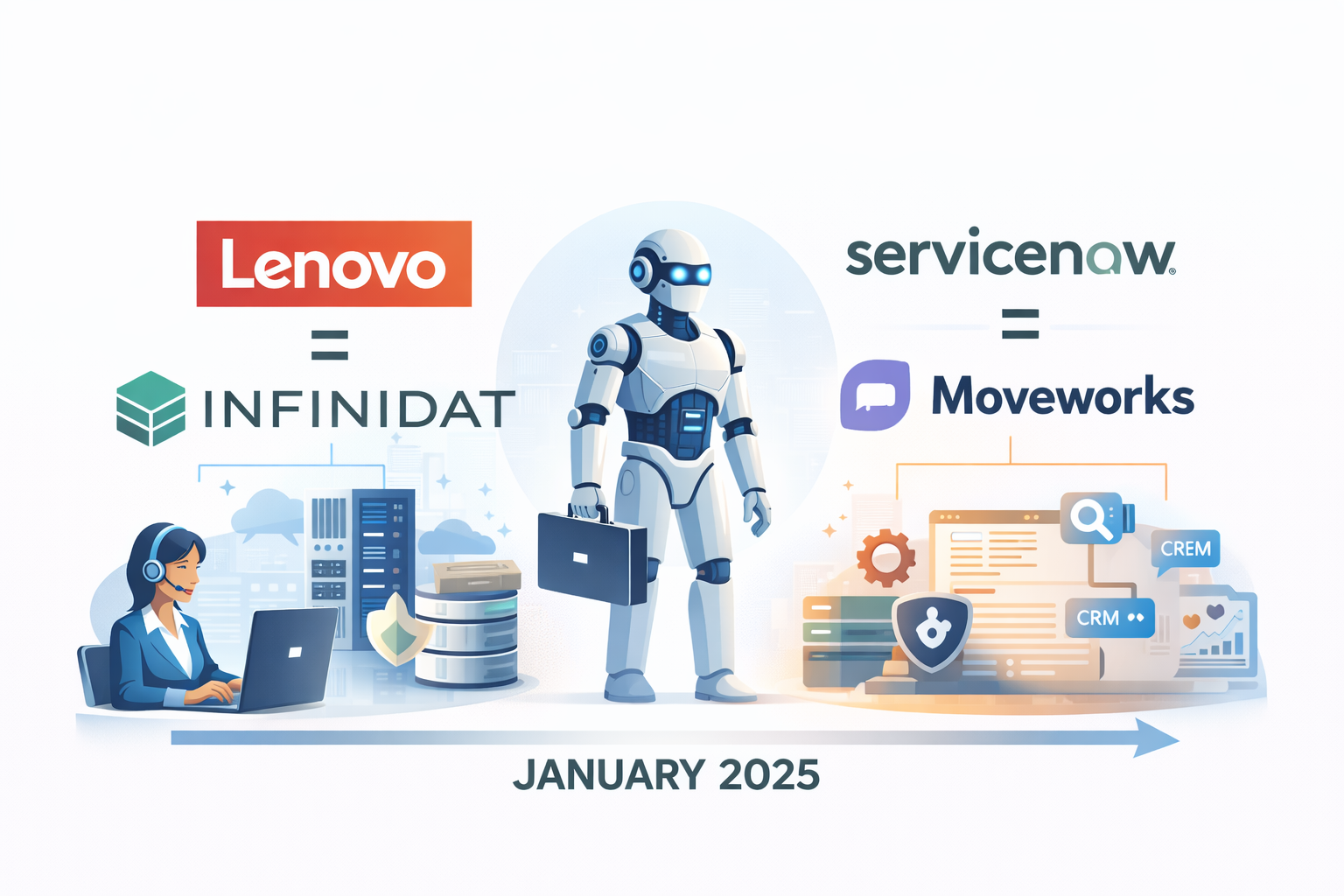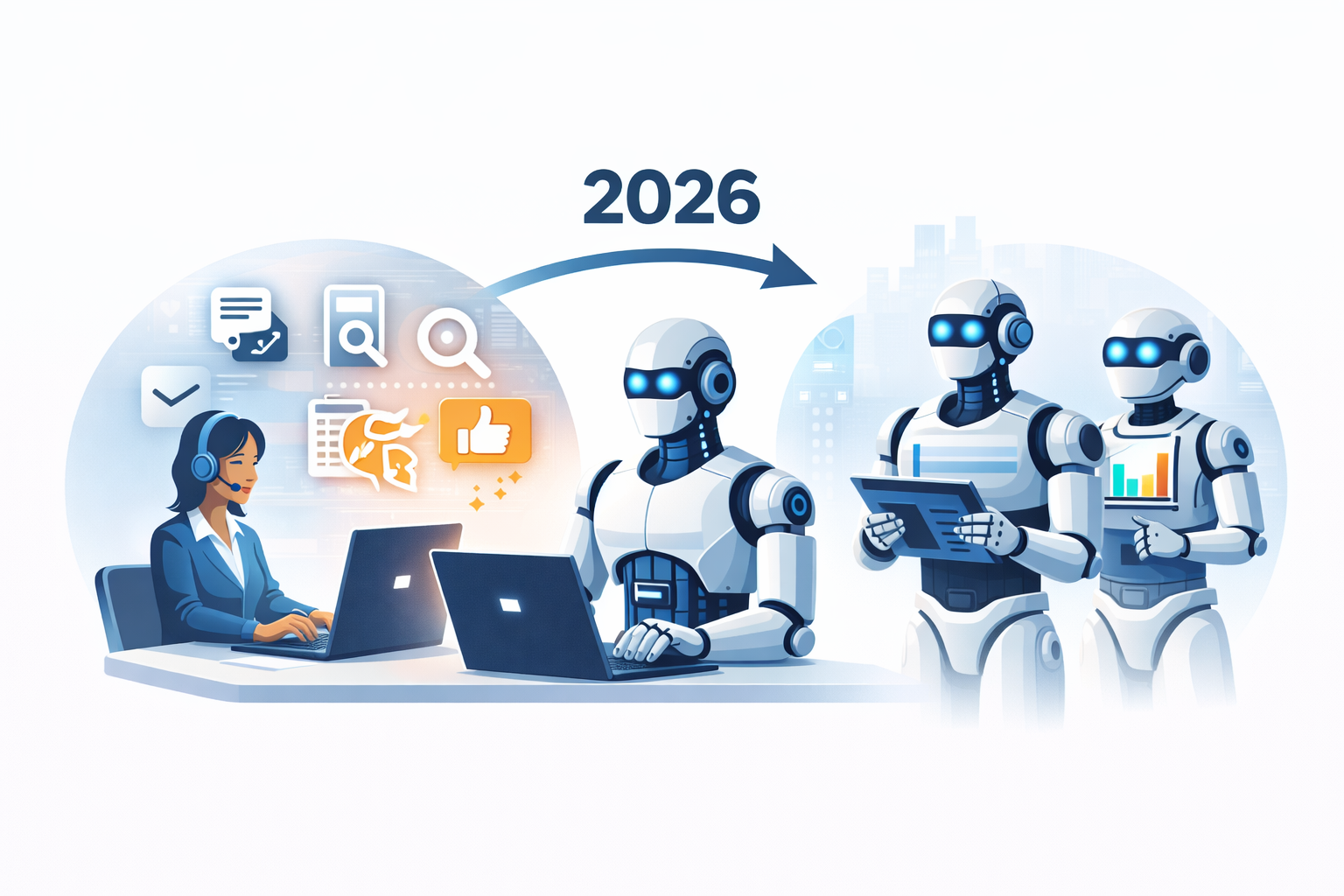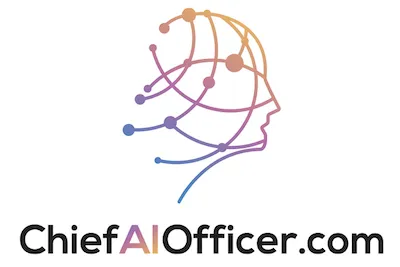The latest episode of Using AI at Work tackles one of the most pressing concerns facing today’s workforce: how to thrive in an AI-driven world without becoming obsolete. Host Chris Daigle speaks with Steff Vanhaverbeke, AI trainer and author of the upcoming book "Being Replaced: The Five Human Skills That AI Cannot Automate," about the cognitive abilities that will distinguish humans in the age of artificial intelligence.
The Cognitive Agility Framework
Vanhaverbeke’s research emerges from years of conversations with business professionals grappling with AI anxiety. Rather than focusing on technical skills that might become automated, her framework identifies five fundamental human capabilities that AI cannot replicate and that will become increasingly valuable as AI adoption accelerates.
The framework centers on "cognitive agility" – the uniquely human ability to navigate changing environments using mental flexibility that machines fundamentally lack. Unlike computers that follow rigid pathways, human brains can seamlessly shift between deep work and creative dreaming, leveraging our embodied experience and sensory awareness.
The Five Irreplaceable Human Skills
Flexible Thinking forms the foundation, encompassing three critical components:
Critical Thinking: As AI-generated content becomes ubiquitous, the ability to evaluate information authenticity becomes paramount. Vanhaverbeke emphasizes that AI operates through pattern recognition and prediction, not genuine understanding, making human discernment essential for distinguishing valuable insights from sophisticated mimicry.
Creative Thinking: True innovation requires imagining possibilities that don’t exist in training data. While AI excels at recombining existing patterns, humans can conceive entirely novel concepts and solutions.
Systems Thinking: Humans perceive relationships and invisible context that AI cannot detect. In healthcare, for example, a doctor notices not just symptoms but emotional states, family dynamics, and unspoken information that fundamentally shapes diagnosis and treatment.
Emotional Intelligence represents the second pillar. Despite AI’s accommodating responses and helpful demeanor, these interactions remain sophisticated simulations. Genuine empathy, understanding, and emotional connection require lived experience that machines cannot possess. Vanhaverbeke shares the profound example of losing her father, illustrating how human experiences create authentic emotional understanding that AI can never replicate.
Collaborative Intelligence emerges when groups face unprecedented challenges. Vanhaverbeke cites the Tomorrowland festival incident, where the main stage burned down two days before opening. The global community spontaneously mobilized resources, equipment, and expertise to rebuild the event, demonstrating the uniquely human capacity for adaptive collaboration under pressure.
Intuition enables decisions that transcend logical analysis. Business leaders often make successful investments or strategic choices based on gut feelings that prove correct despite contradicting available data. This intuitive capability allows humans to see potential where others see only risk.
Innovation completes the framework by transforming creative ideas into world-changing realities. True innovation requires not just imagination but the persistence to prototype, test, iterate, and bring genuinely disruptive concepts to market.
The Evolution of AI Proficiency
Vanhaverbeke identifies five levels of AI integration, expanding on Josh Berson’s Super Worker model:
-
Level 0: Minimal AI usage due to poor initial experiences
-
Level 1: Regular use for basic tasks like writing and translation
-
Level 2: Metacognitive approach, optimizing AI workflows and creating custom solutions
-
Level 3: Implementing AI agents with limited autonomy
-
Level 4: Seamless human-AI team collaboration
Most professionals currently operate at Level 0 or 1, using AI primarily for email composition and document summarization. This gap represents both a challenge and an opportunity for businesses and individuals ready to advance their AI sophistication.
The Authenticity Advantage
In a world increasingly filled with "AI slop" – synthetic content that lacks genuine human insight – authenticity becomes a premium differentiator. Vanhaverbeke uses the analogy of Belgian beer culture, where small, artisanal breweries command higher regard than mass-produced alternatives despite global availability.
Similarly, businesses that maintain genuine human elements in their products and services will likely command premium positioning as AI-generated alternatives become commoditized. The key lies not in rejecting AI tools but in using them to amplify uniquely human capabilities rather than replace them.
Practical Implementation Strategy
The framework isn’t theoretical but actionable. Vanhaverbeke emphasizes that these five capabilities work synergistically – they cannot be developed in isolation but must function as an integrated system. The goal is leveraging AI to handle routine tasks while freeing humans to focus on work requiring emotional intelligence, creative problem-solving, and intuitive decision-making.
For business leaders, this means identifying which aspects of their operations can be enhanced through AI automation while simultaneously investing in developing these irreplaceable human skills across their teams. The competitive advantage will belong to organizations that successfully blend AI efficiency with authentic human capabilities.
Looking Forward
Rather than viewing AI as a replacement threat, Vanhaverbeke advocates for a partnership model where artificial intelligence handles computational tasks while humans focus on the cognitive abilities that create genuine value. As she notes, humans have always been creative in inventing new types of work – a trait that will serve us well in navigating the AI transformation.
The businesses and individuals who thrive will be those who recognize that in a world where everyone has access to powerful AI tools, the differentiator won’t be speed or efficiency but the depth of human insight, emotional connection, and creative innovation that no algorithm can replicate.
Ready to develop the skills that will keep you irreplaceable in the AI age? Listen to the full episode for detailed insights on building cognitive agility and positioning yourself for success in an AI-integrated workplace.




